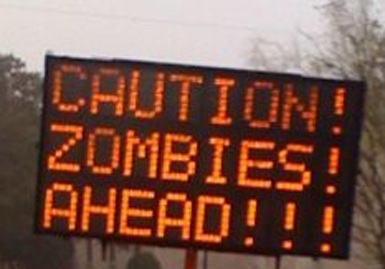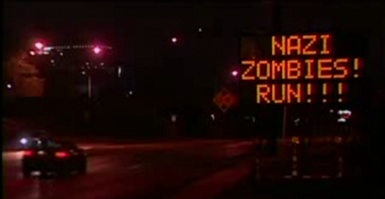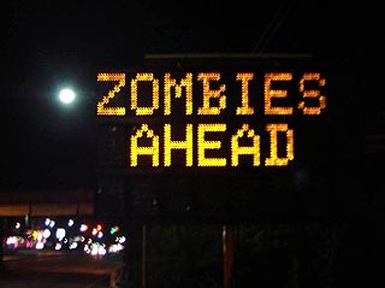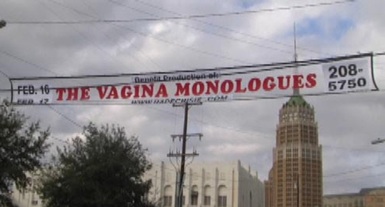"Many in Texas have encountered the threat of having their property seized for the benefit of a so-called 'public-private partnership.' "
Eminent domain reform needed in Texas
1/30/09
By Harper Huddleston
San Antonio Express-News
Copyright 2009
A handful of property owners in the River North District, a newly dubbed area on the northern boundary of downtown San Antonio, attended the January 2008 Planning Commission hearing on whether to approve the newly drafted River North District Master Plan.
We, the property owners, simply asked the Planning Commission for an opportunity to review and comment on the plan in more detail. The commission obliged, and since then we've spent the better part of a year trying to make sense of the River North Master Plan and its intentions.
The Master Plan showed parking garages, parks, schools, roads, markets, cafes and other changes to private property whose owners knew nothing of the intent of the plan to remake their property into something other than what stands there now. Somewhere, somehow, someone made the decision that our property would be better suited for someone else's use and that our use didn't conform to some central planners' idea of how our neighborhood should be.
We learned that every property in the entire River North plan area is vulnerable to eminent domain for economic development — taking our private property for someone else's private gain. We learned that many property owners in communities all over the country and here in Texas have encountered the same threat of having their property seized for the benefit of another private party or a so-called public-private partnership.
Tragically, in the court case Kelo vs. City of New London, the U.S. Supreme Court gave a green light to municipalities nationwide to take private property for public “benefits,” like the mere possibility of creating more jobs and taxes with someone else's land rather than requiring a real public “use” with something the public would own and use, such as a post office or courthouse.
This is a decision the overwhelming majority of people across the nation and here in Texas disagree with and want to see either overturned in court or done away with through reforms in state eminent domain laws. So far, 43 states including Texas have changed their laws, but much more reform is still needed in Texas if homes and small businesses are to be safe from this scourge. As it stands now, all landowners across our great state may find themselves in the same crosshairs of eminent domain abuse as the River North property owners do today.
Gov. Rick Perry and Texas legislators need look no further than footsteps from the Alamo, along the banks of the heralded San Antonio River, for proof that Texans need their private property rights protected and upheld as a right that is fundamental to life, liberty and the pursuit of happiness.
Portions © 2009 San Antonio Express-News : www.mysanantonio.com
To search TTC News Archives click
To view the Trans-Texas Corridor Blog click













